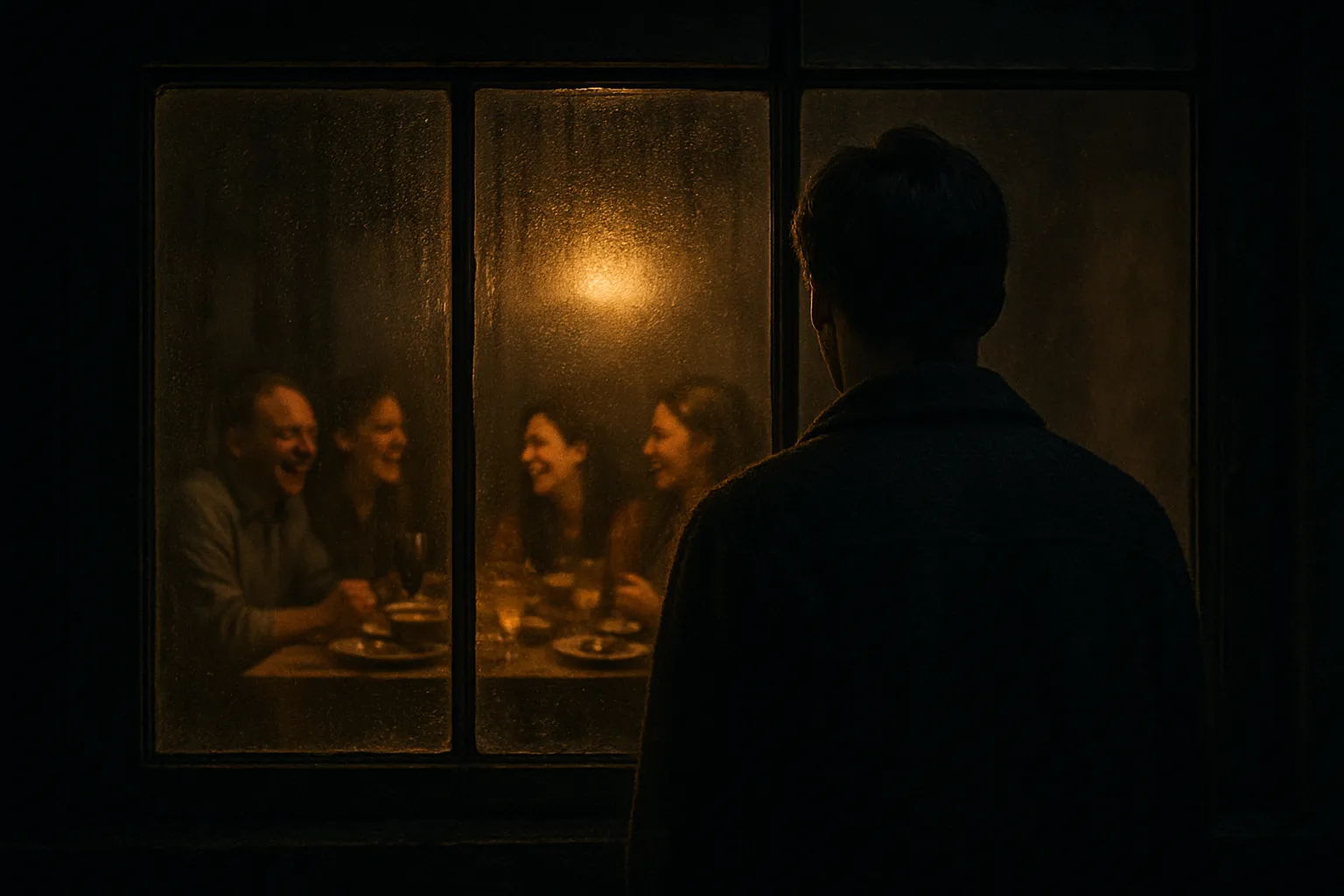Communicating Your Past Without Oversharing

The Vulnerability Dilemma
As you start to form a connection with someone new, you'll inevitably face the vulnerability dilemma: How much of your past should you share, and when? You want to be honest and authentic, but you're also afraid of oversharing, scaring them away, or being judged for your past heartbreaks and experiences. This is a delicate dance. Sharing too little can keep a connection superficial, while sharing too much too soon ("trauma dumping") can overwhelm a budding relationship. The key is to understand that sharing your story is not an all-or-nothing event; it's a gradual process of building trust.
The Goal of Sharing: Connection, Not Confession
Before you share, it's crucial to be clear on your intention. The purpose of sharing details about your past is not to confess your sins, get validation for your trauma, or test your partner. The primary goal is to foster connection by allowing someone to understand you on a deeper level. It is an invitation to intimacy. The secondary goal is to gather data: how they respond to your vulnerability is a powerful indicator of their character and their capacity for empathy.
The "Trailer, Not the Movie" Method
The most effective and self-protective way to share is to use the "Trailer, Not the Movie" method. When you first broach a sensitive topic from your past, you offer a brief, emotionally regulated summary that focuses on the lesson learned, not the raw drama.
Consider the topic of a difficult breakup:
- The "Movie" (Oversharing): "My last ex was a complete narcissist who cheated on me and completely destroyed my self-esteem. It took me a year to even feel normal again, and I have major trust issues now..."
- The "Trailer" (Healthy Sharing): "My last serious relationship ended a while back. It was a really painful breakup, but the experience ultimately taught me a lot about my own resilience and what I truly need in a partner, like honesty and emotional consistency."
The trailer provides the necessary context, demonstrates your self-awareness and growth, and gives them a small piece of your story without overwhelming them with the unprocessed emotional details. It opens the door for a deeper conversation later, if and when they have earned that level of trust.
Watch and Listen: Their Reaction is Data
After you've shared your "trailer" or a small vulnerability, the most important thing you can do is listen. Their reaction is invaluable information about their emotional maturity and their potential as a safe partner.
Green Flags to Look For:
- They listen attentively and without interruption.
- They validate your feelings ("Wow, that sounds like it was really tough.").
- They ask a gentle, curious follow-up question that shows they want to understand you better.
- They may share a small, reciprocal vulnerability of their own, which builds mutual trust.
Red Flags to Watch For:
- They seem dismissive, change the subject, or make a joke to deflect from the seriousness.
- They immediately make it about themselves ("Oh, you think that's bad? Let me tell you about my ex...").
- They offer simplistic, unsolicited advice ("You just need to be more positive.").
What Stays in the Vault (For Now)
It is perfectly healthy and wise to keep certain details of your past private until a deep, unwavering foundation of trust has been built. A new partner has not yet earned the right to hear your most sacred stories.
This includes:
- Intimate or sexual details about your past relationships.
- A blow-by-blow account of every argument you had with an ex.
- Anything that would violate the confidence of a previous partner.
- The raw, unprocessed details of your deepest traumas. These are best explored first with a therapist or your most trusted confidants.
Your Story is a Gift
Your life story, with all its triumphs and tribulations, is a precious gift. It is not something that should be handed over freely to just anyone. By sharing your past with intention, discernment, and at a pace that feels safe to you, you are not just protecting yourself—you are honoring your own journey. You are inviting a new person to earn your trust, one chapter at a time, which is the only way to build a connection that is both authentic and lasting.


